This month, audiences can screen Bach, Beethoven, Hindemith, and Vieuxtemps: Viola Solo and String Quartet on the Planet Classroom Network. This filmed performance is curated for Planet Classroom by Bard College Conservatory of Music.
Viola Solo and String Quartet soloist Eric Lin presents a memorable viola and notable 50 minute recital, featuring music by Bach, Paul Hindemith, Henri Vieuxtemps, and Beethoven.
Lin is joined in the latter half of the concert by violinists Yangxin Song and Junyu Lin, as well as Raman Ramakrishnan on cello, for Beethoven’s “String Quartet No. 11”. These classical music performances are not to be missed.
The Global Search for Education is pleased to welcome Eric Lin.
Eric, welcome. When choosing compositions for an event like this, what sort of criteria are you looking for?
Classical music is an accepting form of art that is inclusive of musicians across cultures and time periods. So I looked for a wide range of musical styles in my program to represent that variety. I aimed to put these disparate styles side by side to demonstrate this concept to my audiences. When putting together a program like this, I also considered the atmosphere and emotion each piece brings. The arrangement of pieces is crucial to this ultimate experience of sound.
The viola is a commonly undervalued instrument, often overlooked in comparison to violin. However, playing the viola isn’t about demonstrating technical prowess, it is a uniquely powerful instrument that promotes maturity, modesty, and humility. For this reason, I wanted to dedicate the first half of my program to bringing out the beautiful sound of this instrument. For the second half of the program, I wanted to demonstrate the importance of viola as a collaborative instrument. Viola is a fundamental building block for a string quartet; it serves as this organic bridge connecting the upper voice to the lower voice and connecting people together. By ordering my program in this way— solo and then quartet— I aimed to exhibit a twofold image of viola, and to share the message that in life, supporting others is just as important as supporting oneself.
As a student at the Bard Conservatory, how do you feel about the common sentiment that non-STEM fields are financially “unreliable”?
For anyone that has a classical music heart, he or she shouldn’t be doing music solely for financial gain. The purpose of being a classical musician is beyond the scope of money. As musicians, we have the responsibility to maintain the dignity of art by using art to nourish our souls in a way that STEM-fields do not. One of the reasons why non-STEM fields are financially “unreliable” is that societal values nowadays have shifted. People are now educated in an environment that promotes the accumulation and demonstration of wealth. These values influence people’s thinking, indirectly resulting in STEM-related jobs being favored over art-related jobs. Fewer and fewer people prioritize or support art, like the classical music industry. Regardless of higher or lower income, we should not only value financial growth, but the kind of growth that art is the most concerned with: the growth of the soul, and of connection, and of kindness.
How did your early childhood education influence your pursuit of music? Were you provided with constructive and creative environments? Did you ever feel stifled by public education and its associated paths?
Most parents in China know that having their children learn an instrument will be beneficial for their futures. However, the benefit parents are most interested in is not related to the holistic development of their children; instead, they’re mostly interested in resume building.
I grew up playing music in an environment where students are taught to be competitive, promoting a stressful and uninspiring atmosphere. Now in hindsight, I recognize that was toxic to the ultimate development of my artistry. At first, I struggled to enjoy learning music in such an environment. However, I fell in love with classical music anyway because I treated this as my mental way out from the society that promotes utilitarian thinking. Classical music is pure, it’s a pure form of art that drives a person to beauty, courage, love, and all kinds of other beautiful characteristics that a human being could have.
Public education rewards conformity, while classical music encourages individuality and creativity. In the system I was raised in, these fundamental principles of public education and music are simply incompatible. It can sometimes feel stifling to have to constantly fight back against the mainstream thinking that is promoted by public education these days.
What would you say to a student who is concerned about pursuing a degree in the arts due to the state of modern education in the US?
I would recommend he or she to first have a one-on-one talk with their inner self, ask why they want to or are concerned about pursuing a degree in arts, and whether or not he or she is passionate about this path. Art is not like science that can be objectively analyzed in every way, it is not a cold machine that runs perfectly at all times. It has emotion, warmth, and passion about the beauty of life. If after all this, art still calls to you, then just follow your heart.
Thank you Eric!
C.M. Rubin and Eric Lin
Don’t Miss Bach, Beethoven, Hindemith, and Vieuxtemps: Viola Solo and String Quartet, now screening on the Planet Classroom Network.

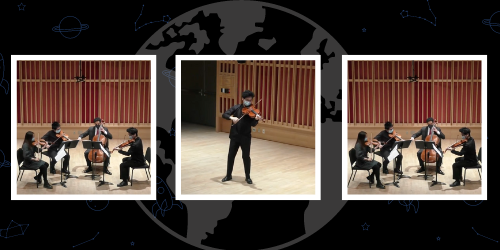
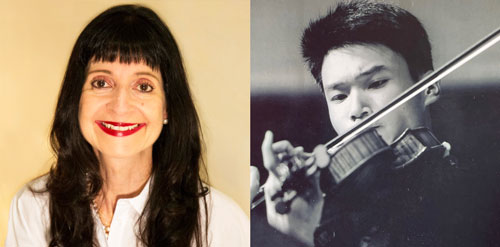
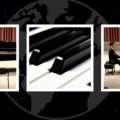

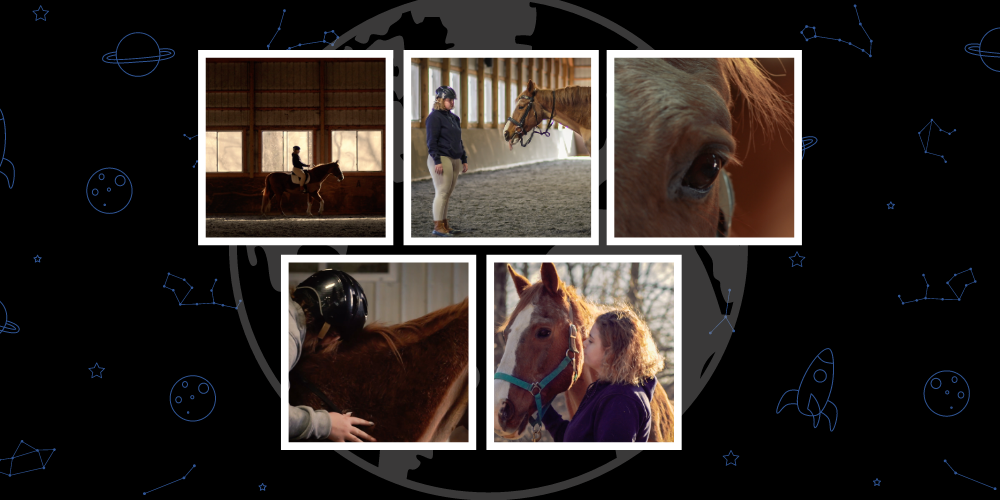
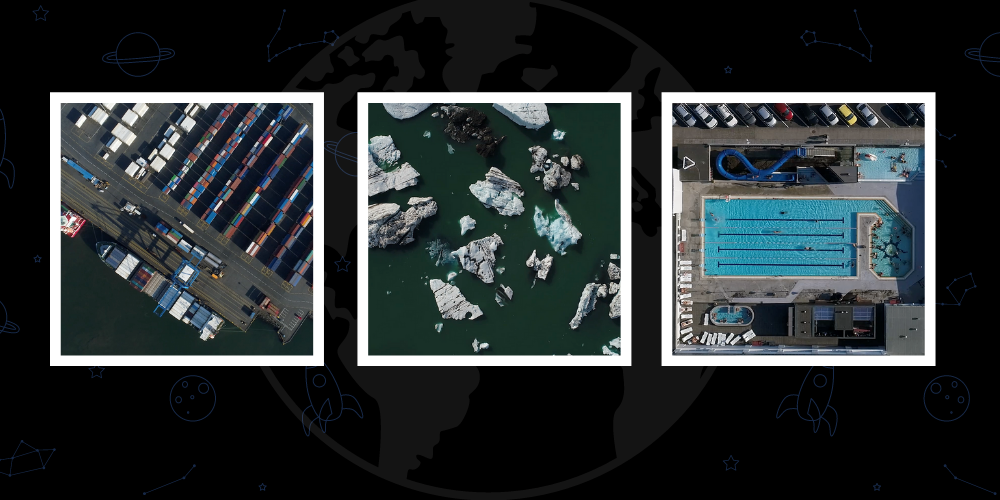
Recent Comments